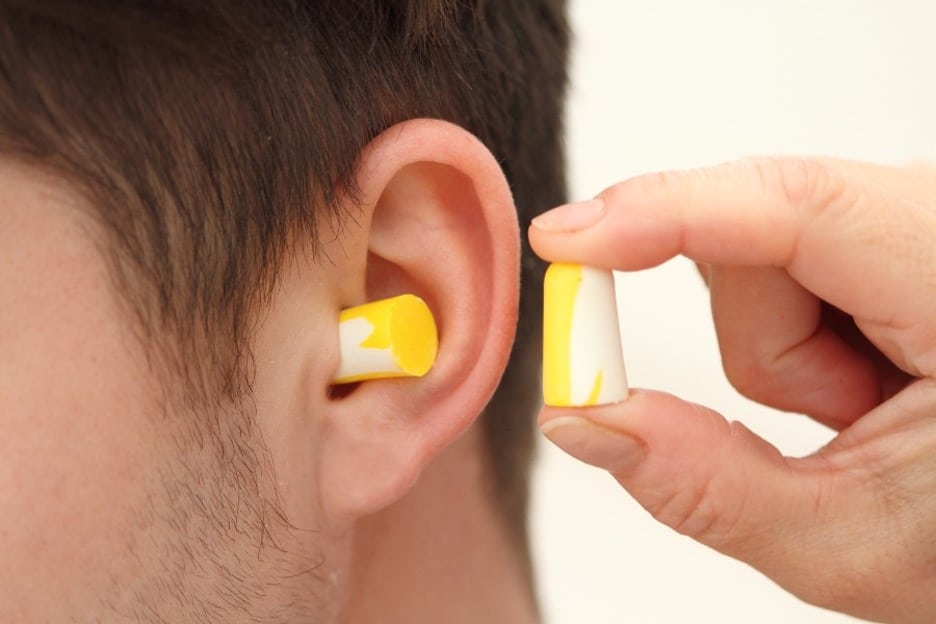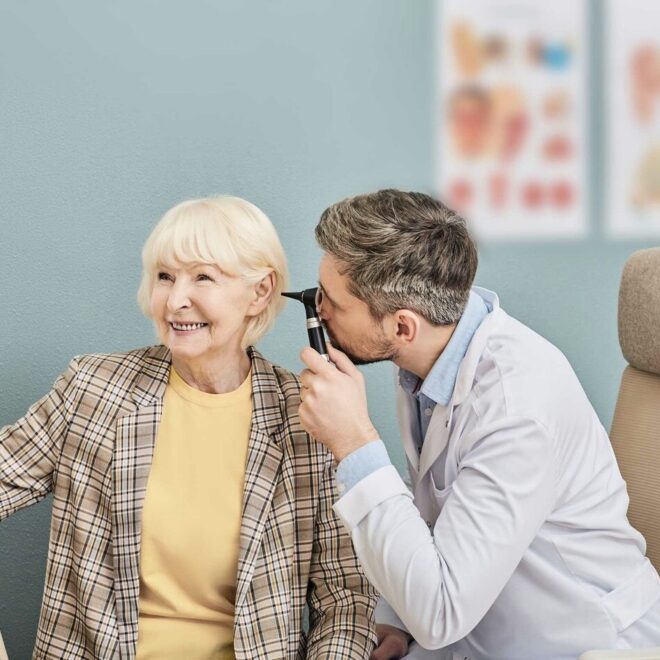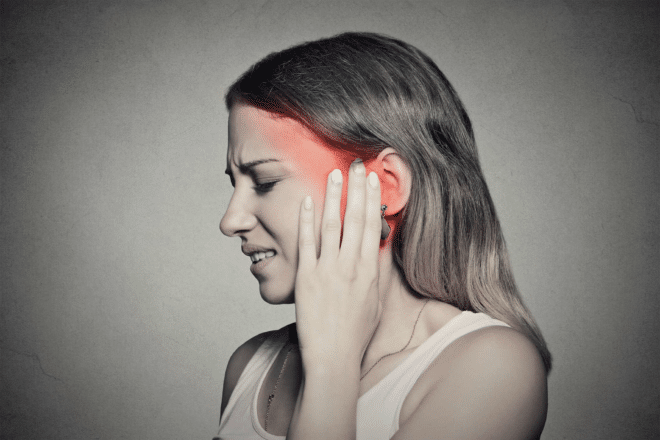Hearing Loss Prevention: Tips and Advice
Hearing health is directly related to your overall well-being because hearing loss is connected to several other medical conditions, including dementia, depression, heart disease, and more. This connection highlights the critical nature of safeguarding your hearing capabilities. By taking steps to protect your ears, you’re not just preserving your ability to enjoy life’s sounds; you’re also protecting yourself against a range of potentially serious health complications. Making hearing health a priority is an investment in your long-term health and quality of life.
Common Causes of Hearing Loss
Many factors contribute to hearing loss, with sensorineural damage being a significant cause. This type occurs when the inner ear’s hair cells or the auditory nerves are harmed. Loud noise exposure stands out as a primary risk factor, underscoring the importance of protecting ears in high-decibel environments. Injuries stemming from accidents, specific medications known to affect hearing, and the natural aging process also play crucial roles in diminishing hearing capabilities. Recognizing these causes is the first step towards proactive ear health, emphasizing the need for vigilance in everyday environments and lifestyle choices.
Protect Your Ears in Loud Environments
Loud noise is one of the leading causes of hearing loss and tinnitus. If you find yourself in a situation with high noise levels, which is anything over 85 decibels (dB) and includes concerts, construction sites, or even using lawn equipment at home, ear protection is crucial. Earplugs or earmuffs can significantly reduce noise exposure and help prevent damage to your hearing. Keep note of the average dB levels of typical everyday situations:
- Heavy traffic – 75 dB
- Lawnmower use – 85 dB
- Motorcycles – 100 dB
- Nightclub music or a concert – 110 dB
- Fireworks or gunshots – 140 dB
Avoid Ototoxic Medications and Discuss Concerns With Your Doctor
Certain medications have the potential to damage your hearing. These ototoxic medications can include some antibiotics, chemotherapy drugs, and even high doses of aspirin. Discuss alternative treatments with your healthcare provider if you’re concerned about medication affecting your hearing.
Quit Tobacco and Nicotine Products
Research has shown that tobacco and nicotine can negatively affect hearing. By restricting blood flow, these substances can harm the delicate inner ear structures responsible for processing sound. Quitting tobacco use and avoiding nicotine products can be a significant step toward protecting your hearing health.
Exercise Regularly
Regular exercise is good for your overall health and also beneficial for your ears. Activities that promote good blood circulation, such as walking, running, or cycling, can help ensure your inner ear receives a healthy blood supply, which is vital for its functioning.
Tools for Hearing Health
In addition to the tips mentioned, tools and resources are available to help protect your hearing. Hearing aids for hearing loss can offer a solution for those already experiencing decline, enhancing their ability to communicate and interact with the world around them. Whether you’re looking for tips to protect your hearing or are curious about ear protection for hearing loss that’s already started, everyone can make wise choices, including:
- Using earplugs at concerts and clubs
- Turning down the volume on personal listening devices
- Lowering the volume in the car
- Choosing over-the-ear headphones instead of earbuds
- Wearing ear protection if you work in a loud industry
- Refraining from sticking objects into your ears
Visit Us for Hearing Loss Help
Preventing hearing loss involves a combination of lifestyle changes, awareness of the risks, and proactive steps to protect hearing health. You can significantly reduce the risk of hearing loss by wearing ear protection in loud environments, avoiding ototoxic medications, quitting tobacco and nicotine, and exercising regularly. Individuals at every age should invest in ear health and incorporate strategies into their daily routine to maintain it. If you have hearing loss concerns or want to learn more about hearing aids, find an Empire Hearing & Audiology location near you and visit us for trusted hearing health services.



